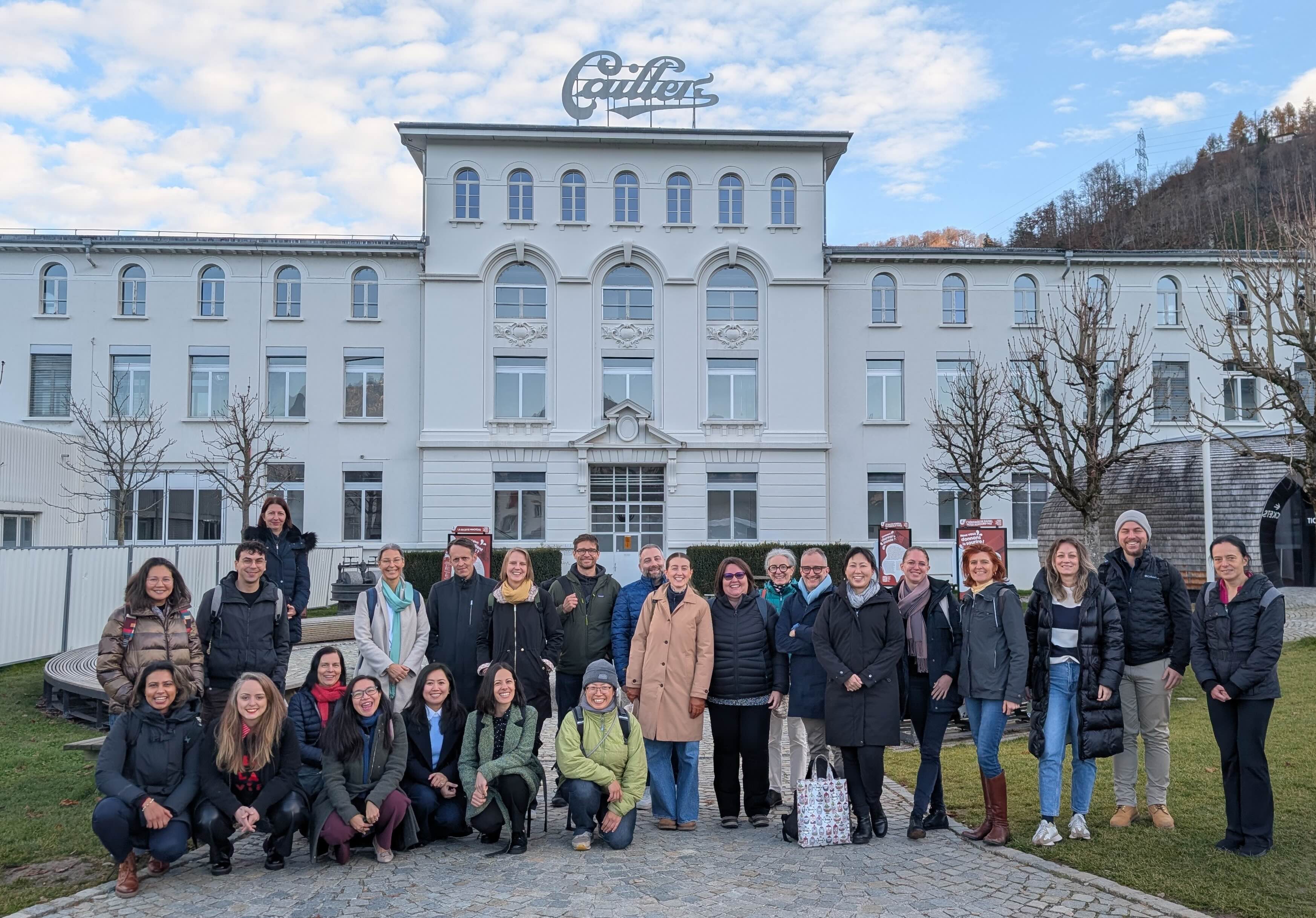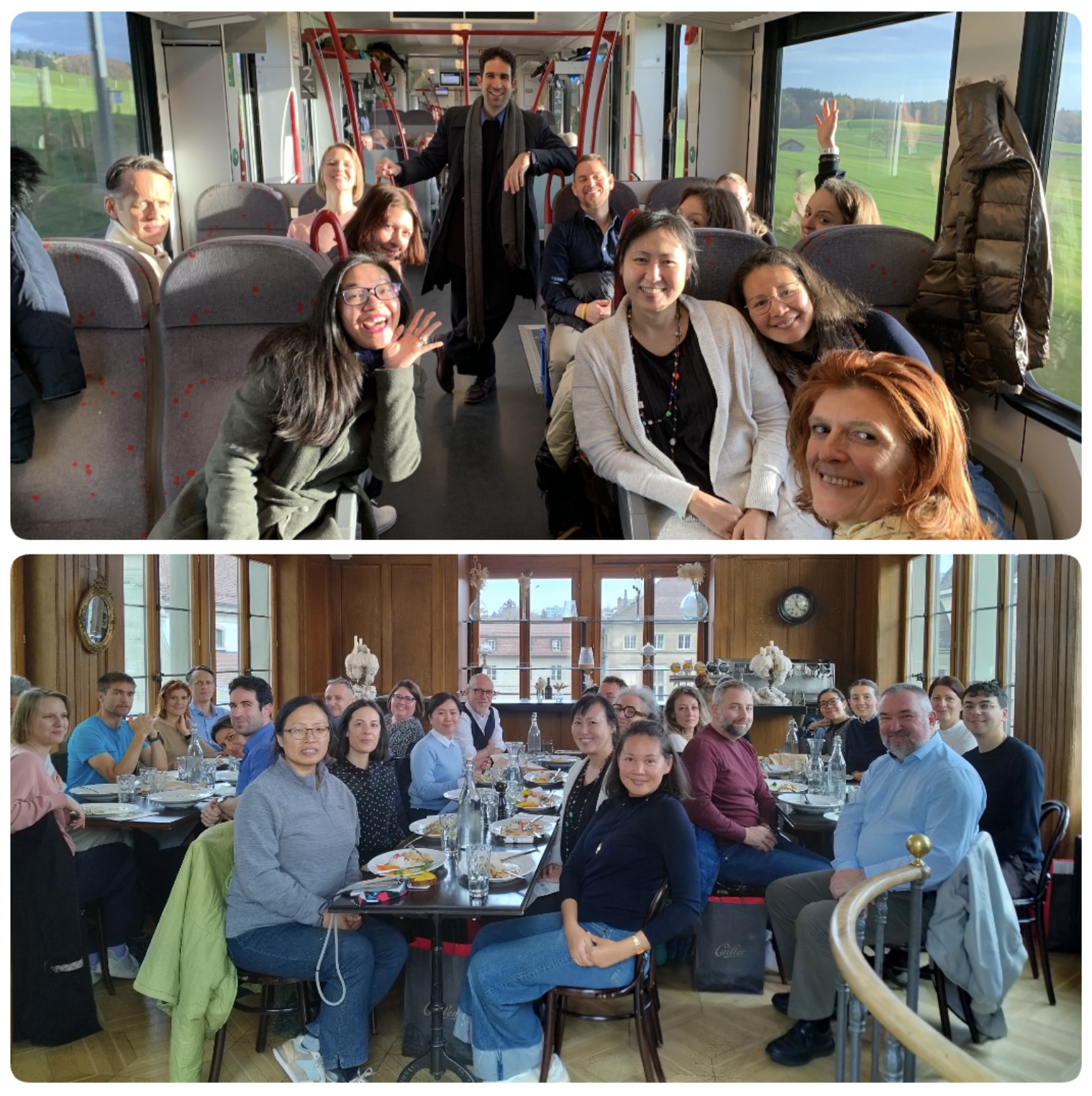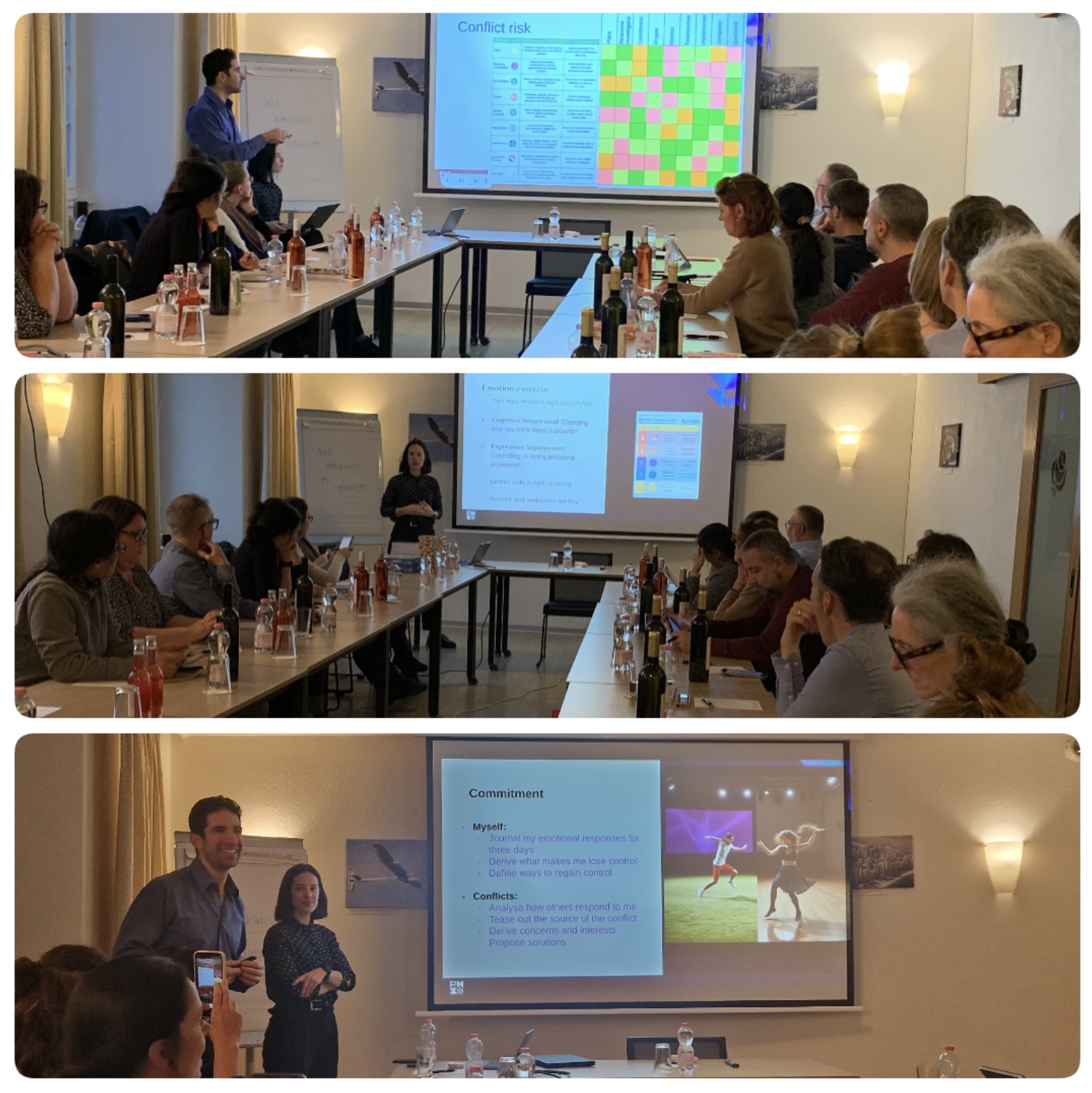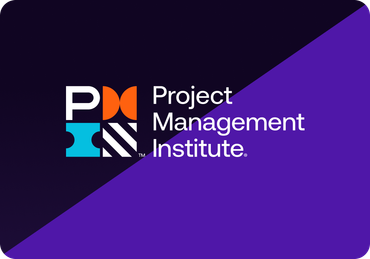Author: Jia-Ying Guan, PMP
Volunteers Day 2025: A Journey from Sweet Beginnings to Insightful Growth
On 15 November 2025, volunteers from across Switzerland came together for PMI Switzerland’s annual Volunteers Day. It was a day designed to reconnect, to learn, and to celebrate the people who make our chapter vibrant and active. What unfolded was more than an event. It was a shared journey that evolved from playful discovery to thoughtful reflection, leaving many of us inspired long after it ended.

A Sweet Start: Chocolate-Making at La Maison Cailler
For many participants, including myself, this was our first Volunteers Day. Having joined PMI-CH only a few months earlier, I had met some local volunteers, but this was the first time I had met volunteers from other regions in person.
We gathered in front of La Maison Cailler, where the smell of chocolate immediately set the mood. Excitement grew as we waited for the doors to open, and once inside, we were guided through a hands-on chocolate workshop. Under the guidance of a chocolate master, we created our own chocolates, learned a few do’s and don’ts of the craft, and shared plenty of laughter along the way. It was as if we were time-traveling back to our childhood and simply having fun with friends.
The morning continued with a guided visit through the museum, where we discovered the history of Cailler, its close collaboration with local dairy farms, and the journey from cocoa bean to finished chocolate. Watching the production line in action and ending with unlimited chocolate tasting felt like the perfect finale.
What is the point of chocolate making for project managers, you may ask? Simple, by breaking out of our industries, we learn the ways of working of others, as well as business acumen that we can take with us.

Conversations on the Train, New Connections at Lunch
After the morning at La Maison Cailler, we took the train to Fribourg for lunch. The journey itself became an integral part of the experience, providing a space for relaxed conversations, shared stories, and new connections across regions and teams.
Over lunch, discussions continued naturally, mixing professional experiences with personal anecdotes. For example, I discovered that another volunteer and I had both studied in Leiden, though years apart. The atmosphere was open and welcoming, something many participants later highlighted.

Designed by Volunteers for Volunteers
Behind the smooth flow of the day was careful preparation shaped through co-creation. Ahead of the event, PMI-CH invited volunteers to share their interests and vote on preferred activities and workshop topics. While several ideas came up, including outdoor options such as kayaking, the final program reflected both the season and what resonated most with the community. This made a real difference on the day, as many participants could clearly see their input reflected in the program.
The preparation also built on experience and collaboration. First and foremost, Despoina Demenega played a key role in shaping and coordinating the learning content, ensuring that the day balanced enjoyment with meaningful reflection. Working closely with her was Joachim Dehais, who has been facilitating co-creation workshops for several years, and brought this mindset into the overall structure of the event. Together, they helped combine hands-on activities, informal exchanges, and structured learning into one coherent journey.
Beyond the experience itself, the day also offered real professional value. Volunteers strengthened their skills in areas such as communication, emotional awareness, and conflict resolution. They explored different ways of working through the chocolate workshop and factory process, and gained business perspectives by learning about the history of a Swiss company and its industry.
Growing Up in the Afternoon: Emotional Intelligence & Conflict Resolution Workshop
If the morning helped us reconnect with our inner child, the afternoon gently shifted our focus toward reflection and learning.
The afternoon session was facilitated by Despoina Demenega and Joachim Dehais, who guided the group through discussions and practical exercises exploring emotional awareness, communication, and conflict in everyday project work. Building on the structure prepared earlier in the day, the workshop created space for active participation, shared reflection, and open exchange, with the group remaining highly engaged throughout.
The workshop was highly interactive, combining short explanations with hands-on exercises and group discussions. Participants were invited to reflect on how they regulate emotions in everyday situations, explore different communication and conflict styles, and practice perspective-taking through realistic scenarios. This practical approach helped turn abstract concepts into concrete insights that participants could directly relate to their own project and team experiences.
The session also focused on conflict as a natural part of working together. Through shared reflection and practice, participants experimented with clearer and more respectful communication, gaining ideas for handling tension more constructively in their professional environments. With this, we also adressed the core power skills in the most helpful way.
It felt like closing a chapter: a day that began with childlike wonder matured into meaningful reflection and adult insight.

A Warm Ending and a Look Ahead
Throughout the year, volunteers dedicate their time and energy to creating value for others, and this day truly felt like a moment set aside to thank them for everything they contribute. As the day came to a close, we were surprised with thoughtful gifts, including books, board games, wine, grape juice, and mind puzzles. A special thank-you goes to Despoina for the wonderful organisation of the day, and to Joachim, who quite literally carried the day with him, transporting nearly 15 kilograms of gifts from morning until the workshop began.
As lunch conversations happily ran long, the schedule naturally stretched. But the energy in the room made it clear that no one wanted to rush. When it came time for a coffee break, we collectively decided to continue. The discussions were engaging, the reflections meaningful, and the enthusiasm strong enough to carry us well past the planned end of the workshop, all with smiles remaining throughout. The workshop finished later than planned, but everyone stayed engaged and in good spirits. This shared energy was supported throughout the afternoon by Despoina, whose calm and engaging facilitation helped keep discussions focused, open, and lively.
That energy was echoed in the words shared by participants afterward:
“It felt like a real family event.”
— Celia Herault
“With a warm heart, thank you for this great event!”
— Erik Gillet
“It was GREAT, truly super well organized from start to finish.”
— Paula Vignola
Volunteers Day 2025 was a reminder of what makes PMI Switzerland special: a community where people are heard, where learning happens through experience, and where volunteering offers both personal growth and meaningful connection.
If you are considering becoming a PMI-CH member or volunteer, this is what awaits you. And if you missed this year’s event, more opportunities are coming soon, including local volunteer dinners across Switzerland. We look forward to welcoming you at the next one.

Want to Explore the Topics Further?
For readers interested in diving deeper into some of the themes explored during the afternoon workshop, here are a few accessible and well-known resources:
- Gross, J.J. & John, O.P. (2003) Individual differences in emotion regulation: Implications for affect, relationships, and well-being
A foundational research article on how people regulate emotions and why this matters at work and in relationships. - Behfar, K.J. et al. (2008) The critical role of conflict resolution in teams
Research showing how constructive conflict handling improves team performance and long-term outcomes. - Rosenberg, M.B. Nonviolent Communication: A Language of Life
A practical and widely used approach to communicating needs clearly while maintaining empathy and respect.
Photo credits: Many thanks to Bianca Alves, Despoina Demenega, Erik Gillet, Joachim Dehais, Jia-Ying Guan, and Valérie Pierre for capturing and sharing photos throughout the day.




